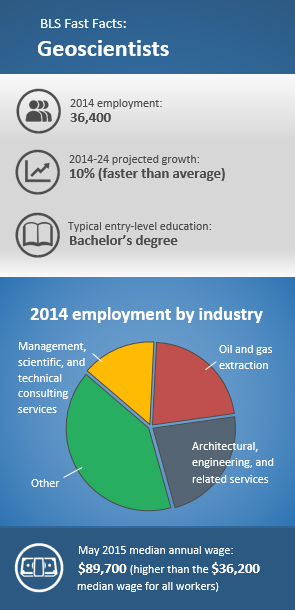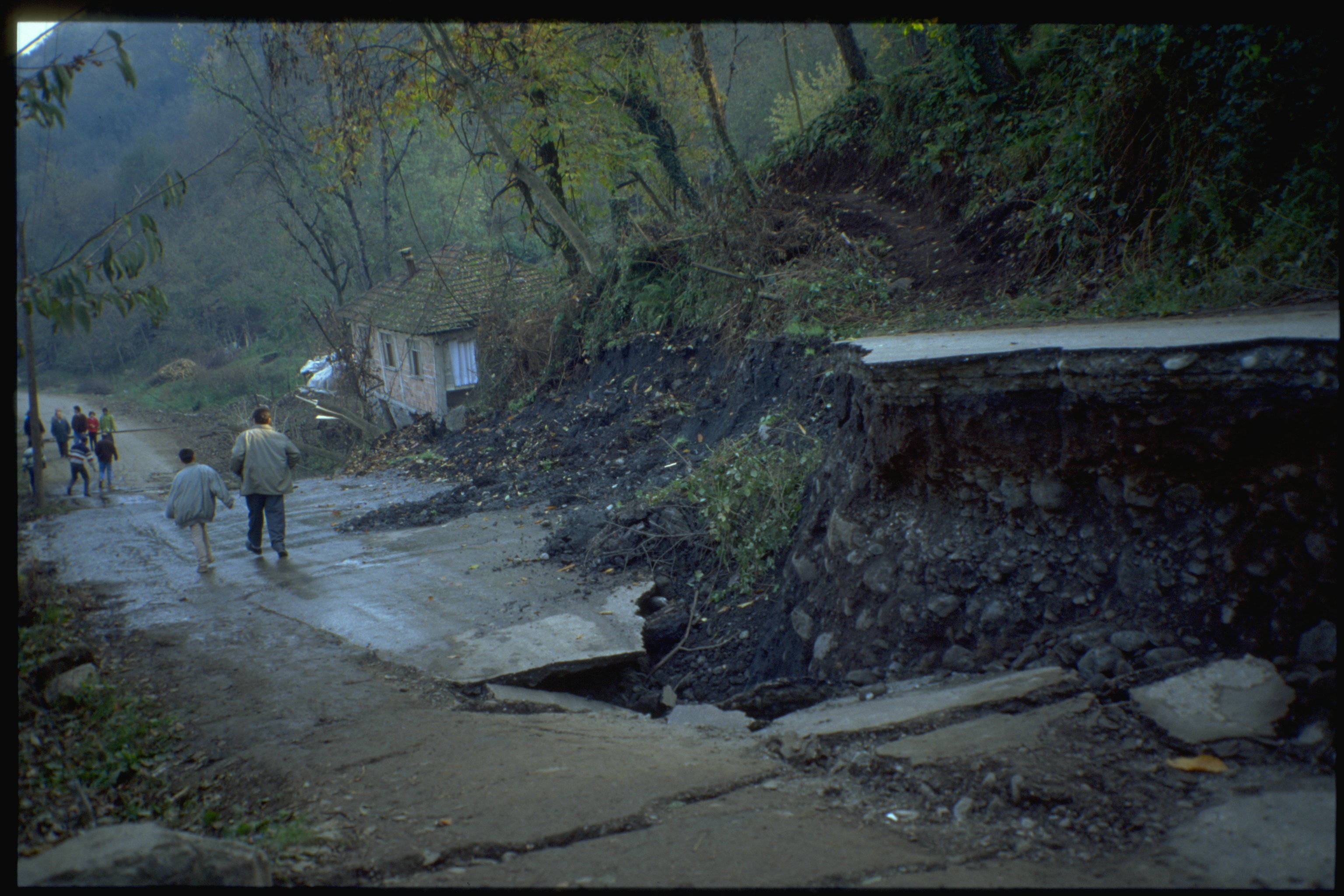All Categories
Featured
Table of Contents
Geophysical Survey in Ocean Reef Australia 2022
This work is increasingly contracted out, so consultancies offer another source of employment. Consultancy firms vary in size, from very little business to large multinationals. Some consultancies are rather specialised in utilizing particular geophysical methods or working in specific locations, while others use a more diverse range of services to their customers.
The extraction of gas from landfill websites is another location of employment and this may grow in the future. Exploration business may undertake work for construction companies, water business, mining companies and environmental companies, so geophysicists may be utilized in any of these settings. Other companies consist of: geological surveysgovernment bodies and agenciesuniversities and research study institutes.


Vacancies may be noted in the oil and gas sector press. Recruitment is affected by oil cost fluctuations and the level of competition for positions varies depending upon this. Professions Days, which cover the complete series of geoscience careers and are generally gone to by a variety of essential market employers, are run by The Geological Society.
Geophysicist Bob Embley: Ocean Exploration Careers in Orelia Aus 2021
Some of the big oil and gas business use a full two-year structured training programme across the breadth of geophysics, consisting of the opportunity to experience operate in numerous groups prior to specialising in one area. Your training may include work on: existing wellsmagnetic and gravitational prospective field data analysisresearchrock analysis. It's more usual for your preliminary training to be supplied on the job.

There may be a probationary duration during which you work along with a knowledgeable colleague. Competency-based appraisals occur frequently in many companies. In smaller sized firms, and for academic posts, there is unlikely to be any official training - you'll be anticipated to begin work straightaway and choose up skills as you go along.
If you work for a smaller sized business, you might discover that you need to take responsibility for arranging and funding your own development and training. If you have a geology degree, subscription of The Geological Society can be useful for networking and for keeping up to date with the industry.
What Is Geophysics And What Do Geophysicists Do? in Floreat Western Australia 2022
You might also discover it beneficial to join the PESGB (The Petroleum Expedition Society of Great Britain, which has a geophysics unique interest group. After a probationary period, and as soon as you've acquired some experience, you might progress to senior geophysicist, then group leader and after that into a senior function in management.
The ease of movement in between roles depends upon the company structure. Research study at Masters or Ph, D level in a subject related to geophysics or geosciences might assist with your career advancement and development. The work market within the oil and gas market is really depending on cost and this might affect your opportunities for profession progression.
For skilled geophysicists, freelance consultancy uses an excellent path for profession development. As a geophysicist, you're likely to have several tasks throughout your working life.
Bachelor's Degree In Geophysics - Degrees & Programs in Singleton Aus 2023
From geophysics, it's possible to concentrate on seismology (completing additional training to become a seismic interpreter) or to move into related areas such as engineering geology or threat forecast.
Choosing what to study in college is a tough option. Even if you understand that your field of interest depends on science, what program of study is ideal for you? If you make the decision to significant in physical and life sciences and pursue a profession as a geophysicist, you're preparing for an interesting and successful occupation.
The first action to achieving your objective of becoming a geophysicist is earning a degree. Even for entry-level positions in the field of geoscience, you'll need a bachelor's degree (a geophysicist college degree) from a recognized college or university. Some research study positions require candidates to hold master's degrees or even Ph.
What Should I Do To Be A Geophysicist? in Hazelmere WA 2021
Postgraduate degree are especially important if you plan to teach at a four-year organization. Geophysicists apply physics concepts and methods to study the gravitational, magnetic, and electrical fields of the earth. This furthers scientists' knowledge of both the world's interior core and its surface. Geophysicists need to be able to: analyze rocks, pictures, and other pieces of data conduct research both in the field and in laboratories produce maps and charts of their findings compose reports To accomplish all this, trainees need a specialized education for geophysicist professions.
As specified above, you'll require a bachelor's degree in geoscience or a related discipline, such as a physical science or a natural science, to land an entry-level job. However students can likewise prepare by learning topics like: Biology Chemistry Computer technology Engineering Mathematics Physics The above geophysicist majors provide a more generalized technique to a single clinical discipline, however many programs need trainees to take several geology course.
Latest Posts
Geophysical Surveys - U.s. Geological Survey in Wandi Western Australia 2023
Geophysics in Mount Claremont Aus 2020
Geophysical Survey in Casaurina Aus 2020